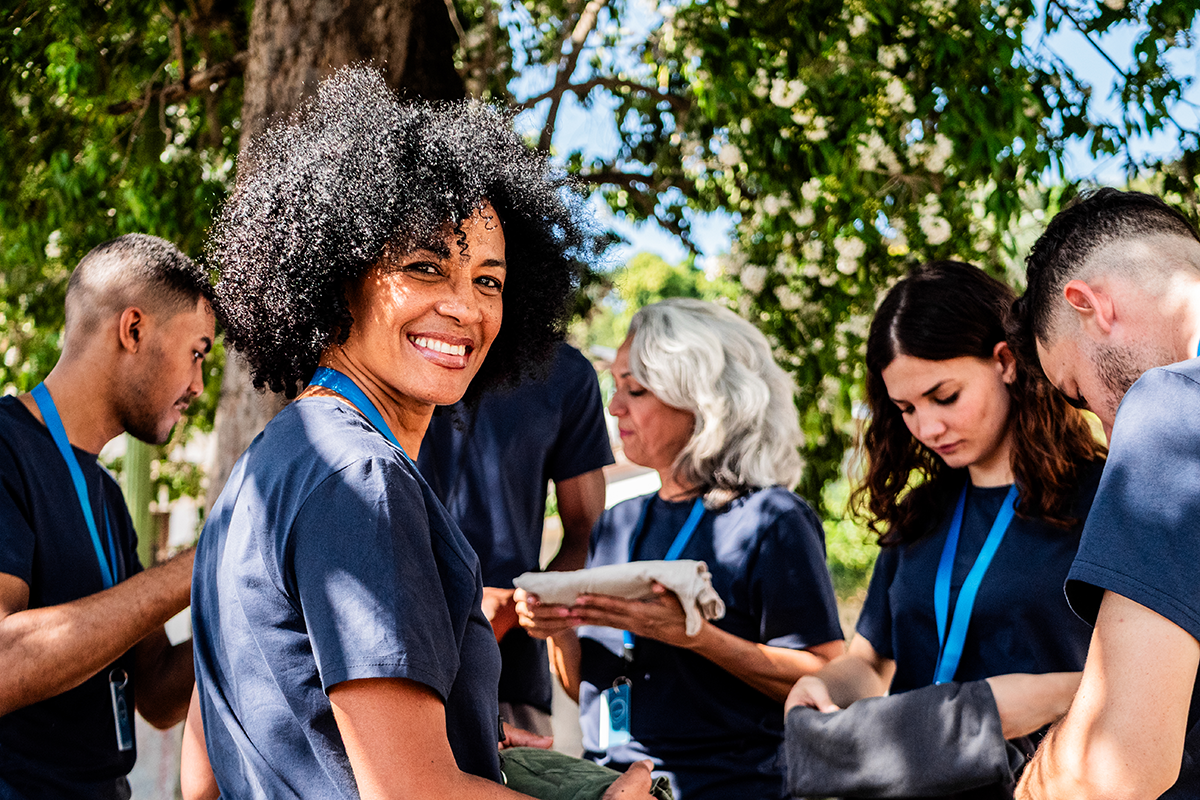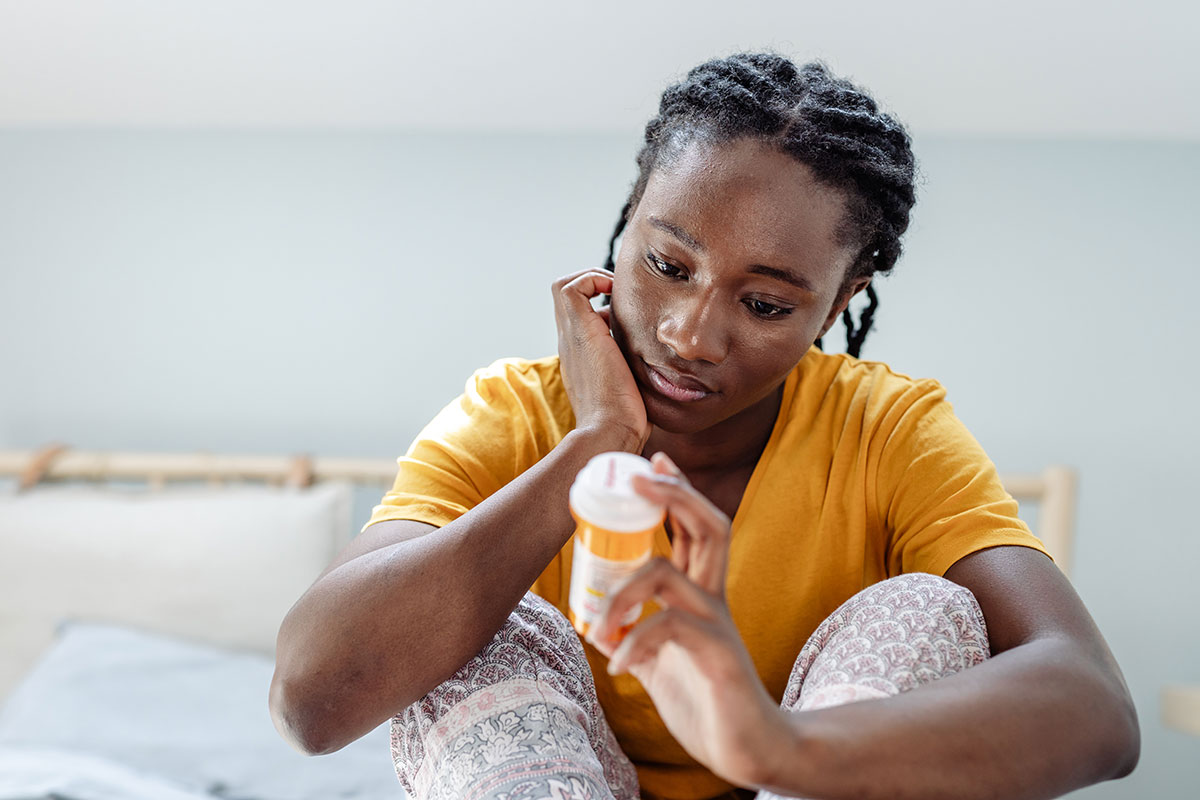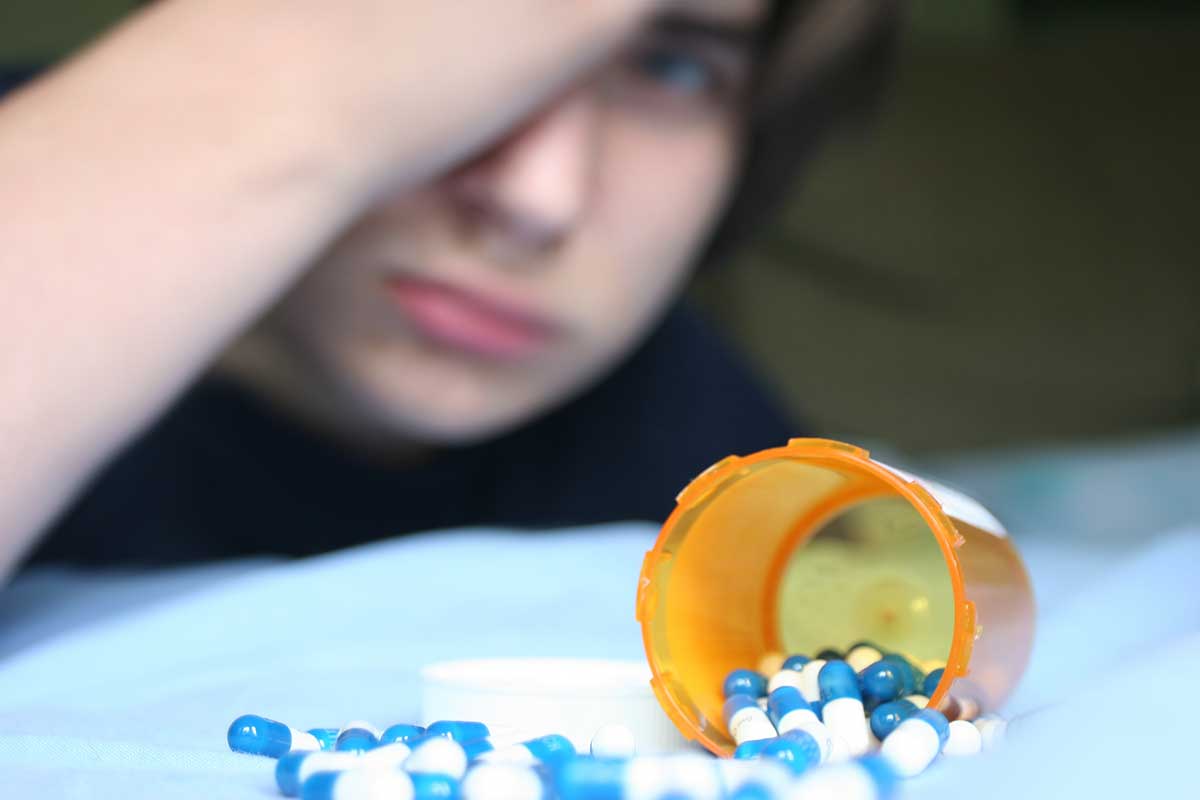Opioid prevention grants in 2025: where to find funding for lock boxes to help turn the tide of the opioid epidemic in your community.
At a glance:
- Grants are still available in 2025. You can apply at the federal level and at the state or local level.
- Many funders allow bulk purchases of medication lock boxes when paired with brief education and simple tracking.
- Start with your county or city opioid-settlement page, your state SOR or SOS subgrants, and your health department’s OD2A sub-awards.
Safe Storage is An Effective Opioid Prevention Strategy
For organizations on a mission to reduce opioid use disorder and opioid-related overdoses, using grant funds for safe storage devices can help make a difference in your community.
Nearly 8.6 million Americans reported misusing prescription painkillers, and more than one out of four obtained their painkillers from a friend or family member.
Improper opioid use, unsecured opioid storage, and lack of appropriate disposal of unused or expired opioids increase the availability of these medications for others to abuse and are major contributors to the current opioid crisis in the U.S.
Unsecured opioids also put children at risk. When opioids are unsecured in the home, the risk of accidental pediatric medication poisoning goes up.
A pediatric emergency department study found that only 4% of caregivers stored medicines in a locked or latched place. When caregivers were given a free lock box, a brief safety talk, and a handout about safe storage and disposal, 90% reported using the lock box to store their medications.
This study shows the effectiveness of lock boxes and education to help reduce the risk of opioid diversion, misuse, and accidental poisonings.
Unsecured meds at home raise risk for misuse and accidental poisoning. The FDA, DEA, and CDC all strongly advise secure storage and timely disposal of opioids.
Can You Use Grant Funds To Buy Lock Boxes?
Yes, you can typically use opioid prevention grant funding to buy and distribute medication lock boxes in your community if you can show how the purchase supports prevention.
Many states and localities have funded lock boxes with SOR or settlement dollars.
If federal funds are involved, follow procurement rules and keep quotes and receipts.
Tip: Pair medicine lock boxes with brief education, safe disposal info, and keep a log of who received them.
Where to Look for Opioid Prevention Grants in 2025
- County or city opioid-settlement grants. These run on local schedules and are often designed for nonprofits and coalitions. Check your county procurement or “opioid settlement” page.
- State Opioid Reponse (SOR) and Tribal Opioid Response (TOR) subgrants. States re-grant SAMHSA funds to local partners. Ask your Single State Authority or county behavioral health board.
- Local health department sub-awards via CDC OD2A. Many health departments subcontract prevention activities.
- The Drug-Free Communities (DFC) program provides grants up to $125,000 per year to community coalitions to reduce local youth substance use.
New Funding Opportunity: Rural Health Transformation Program
The Rural Health Transformation Program is a new funding opportunity for states to apply for and receive to improve rural care, including behavioral health and opioid use disorder prevention. The RHT Program will provide approximately $50 billion to approved States over five budget periods. $10 billion of funding becomes available each budget period, beginning in fiscal year 2026 and ending in fiscal year 2030.
If you are a community-based organization, your path to accessing Rural Health Transformation (RHT) Program funds is through your state. States will allocate funds by issuing subawards or contracts to partners named in their plans or selected through state RFPs. The NOFO tells states to identify intended subrecipients and to use funds for priorities that can include behavioral health and opioid prevention.
Takeaway: To access RHT dollars, connect now with your state Medicaid or health department team, ask to be included in planning, and watch for RFPs after awards.
2025 Opioid Prevention Grants at a Glance
If your organization is seeking funding for lock boxes or opioid-prevention activities, keep your eye on these 2025 grant opportunities and timelines.
County or city opioid-settlement grants
- Best for lock boxes: Yes, very common
- Speed to funds: Often quickest
- Typical applicants: Nonprofits, coalitions, local government
- Where to find: Your county “opioid settlement” or procurement page
State SOR or SOS subgrants
- Best for lock boxes: Yes, when tied to prevention
- Speed to funds: Moderate
- Typical applicants: Nonprofits, tribes, local government
- Where to find: Your state SOR or SOS page, Single State Authority
Health department OD2A sub-awards
- Best for lock boxes: Often yes, with brief education
- Speed to funds: Moderate
- Typical applicants: Nonprofits via health department subcontracts
- Where to find: Local and state health department overdose pages
ONDCP Drug-Free Communities (youth coalitions)
- Best for lock boxes: Sometimes, youth-focused plans
- Speed to funds: Annual cycle
- Typical applicants: Registered community coalitions
- Where to find: Grants.gov and CDC DFC pages
CMS Rural Health Transformation (indirect, sub-recipient)
- Best for lock boxes: Possible if your state includes safe storage in its plan
- Speed to funds: Slow, via state subawards after awards, likely 2026
- Typical applicants: States are prime; local orgs as subrecipients or contractors
- Where to find: Your state health or Medicaid site, plus the CMS RHT listing
FAQs About Opioid Prevention Grant Funds in 2025
Are opioid prevention grants still available in 2025? Yes. Federal programs and local opioid-settlement grants are active this year.
Can you use grant funds to purchase medication lockboxes? In many programs, yes. SOR or SOS and local settlement funds have supported lock boxes when tied to prevention. Check each RFP.
Where should you look first? Your county settlement page, your state SOR or SOS site, and your local health department.
Who is a good fit for each grant? Community coalitions and nonprofits for settlement, OD2A sub-awards, and RHT.
Where can my organization get wholesale pricing on lock boxes? RxGuardian offers wholesale and tax-exempt pricing on medication lock boxes so your organization can make a difference in your community. Learn more at rxguardian.com.



